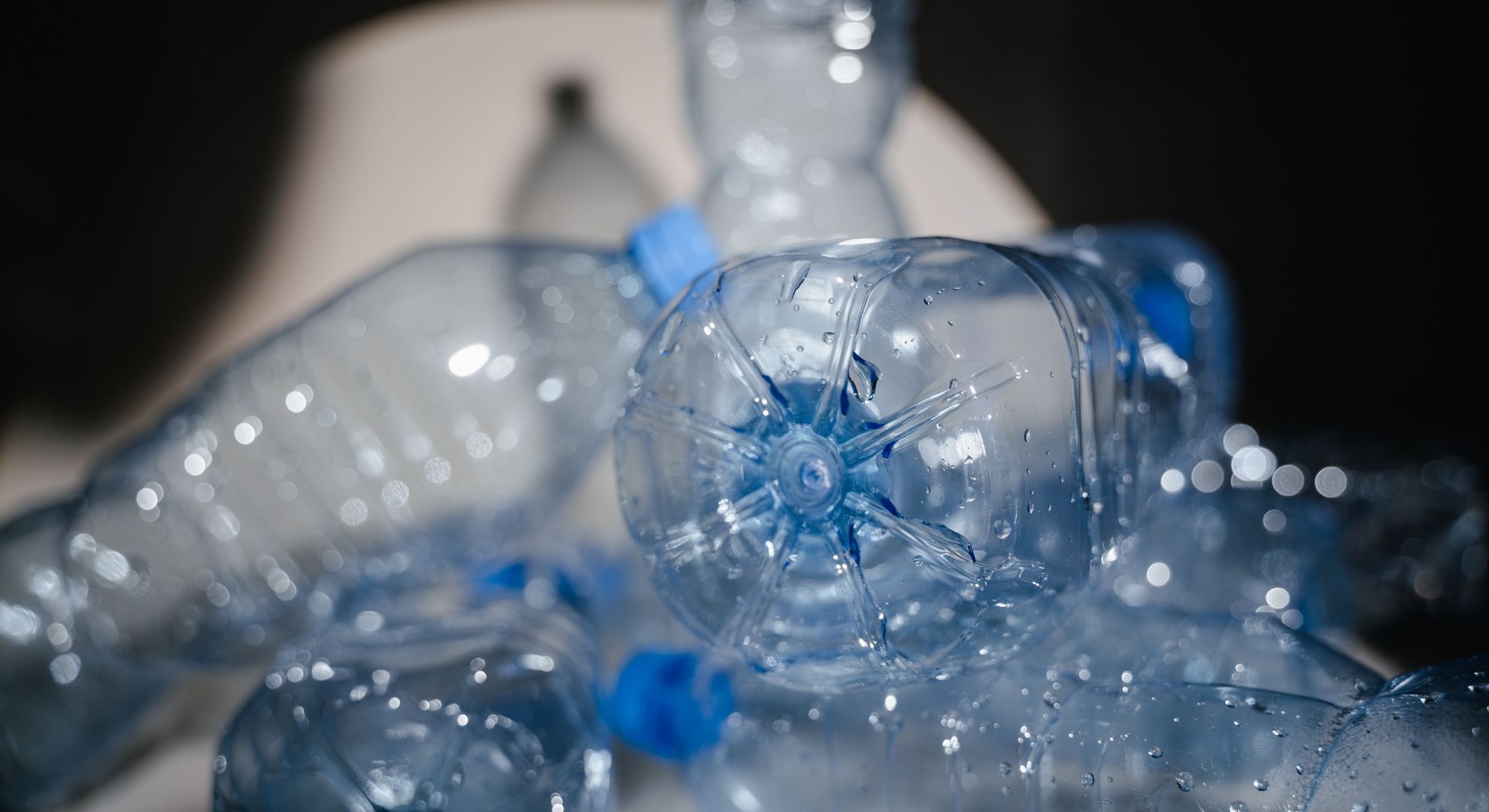
Deposit Return Scheme Environmental Benefits
Environmental Benefits
Deposit Return scheme, expects to see the following environmental benefits:
- Reduce littering [1]
- Increase recycling of single-use drinks containers to 90%
- Reduce carbon emissions by nearly 4 million tonnes over 25 years [2] – the equivalent of taking over 90,000 cars off the road [3]
It will encourage more and better recycling
Recycling is one of the most effective actions we can take as individuals to tackle climate change. We currently recycle just half of all containers. [4]
The scheme aims to collect at least 90% of eligible containers in the second year of operation - that's 9 in every 10 bottles or cans.
Collecting high volumes of recycling will increase the quality of recycled material collected here in Scotland. Glass back into glass, cans back into cans and plastic bottles back into plastic bottles. This is important as high quality recycling means the containers can be recycled back into high quality materials for use again and again. That’s a big benefit to producers and manufacturers who are looking for high-quality recycled content, and a great example of the circular economy in action.
The increased recycling from the scheme will cut emissions by the equivalent of almost 4 million tonnes of CO2 over 25 years.
That’s an average of around 160,000 tonnes of CO2 each year, the equivalent of taking 90,000 cars off the road in the UK (for one year in the UK). [5]
Scotland’s deposit return scheme will help reduce litter
The scheme will tackle a visible source of litter that blights our town centres, country paths and burns, cutting it by a third.
An estimated 42,000 [6] fewer plastic bottles will be littered every single day in Scotland.
It will reduce the £46 million of public money spent cleaning up litter every year, and the wider negative impacts of litter (including on local businesses, house prices, community wellbeing and crime), representing at least a further £361 million in costs to our society and economy.
It helps us create a circular economy
Scotland’s Deposit Return Scheme will help us tackle single-use, throwaway culture. It’s a proven behaviour change initiative, that incentivises us all to do the right thing. It is a significant milestone towards a circular economy and is one piece of a broader platform of change to transition away from a make-use-dispose society.
It reinforces Scotland’s leading position – Scotland is making a name for itself as a frontrunner in the ‘circular economy’, where we make the best use of our resources and minimise waste. Our deposit return scheme will help keep us in the front rank of circular economy nations.
Including glass
Glass is one of the three main materials used to make single-use drinks containers. Glass drinks bottles that are included in Scotland’s Deposit Return Scheme represent an estimated 690 million containers that reach the Scottish market each year.
Capturing 90% of the glass bottles in the scope of the scheme would enable Scotland to recycle 620 million glass bottles each year. That’s an additional 52,000 tonnes of glass containers. This demonstrates the enormous potential that the scheme has when it comes to boosting glass recycling in Scotland.
Glass is one of the most common items to pollute our beaches. It’s also one of the litter items that causes most concern – particularly among parents and pet owners – because of its potential to cause injury.
Environmental benefits of glass bottle recycling
Including glass in Scotland’s Deposit Return Scheme means we will all benefit from a reduction in CO2eq emissions of more than 50,000 tonnes each year – or nearly 1.3 million tonnes over 25 years. It will help reduce the amount of littered glass – a hazard to both the public and wildlife.[7]
- [1] Target capture rate of PET, glass, steel, and aluminium drinks containers is 90% from the second full year of implementation onwards.
- [2] Zero Waste Scotland internal modelling.
- [3] https://www.gov.uk/government/statistics/final-uk-greenhouse-gas-emissions-national-statistics-1990-to-2021 & https://www.gov.uk/government/statistics/vehicle-licensing-statistics-2021/vehicle-licensing-statistics-2021#licensed-vehicles-overview
- [4] Zero Waste Scotland modelling (2018 – 2021)
- [5] https://www.gov.uk/government/statistics/final-uk-greenhouse-gas-emissions-national-statistics-1990-to-2021 & https://www.gov.uk/government/statistics/vehicle-licensing-statistics-2021/vehicle-licensing-statistics-2021#licensed-vehicles-overview
- [6] Based on 945m in-scope PET bottles placed on the market per year, with an assumed litter rate of 1.8%, reduced by 90% due to DRS
- [7] Zero Waste Scotland internal modelling.
